Bangles that sing of sorrow and joy
This essay tied for third place in the College category in the fifth Civil Rights Essay and Art Contest for 2025 by Hindus for Human Rights and International Commission for Dalit Rights.
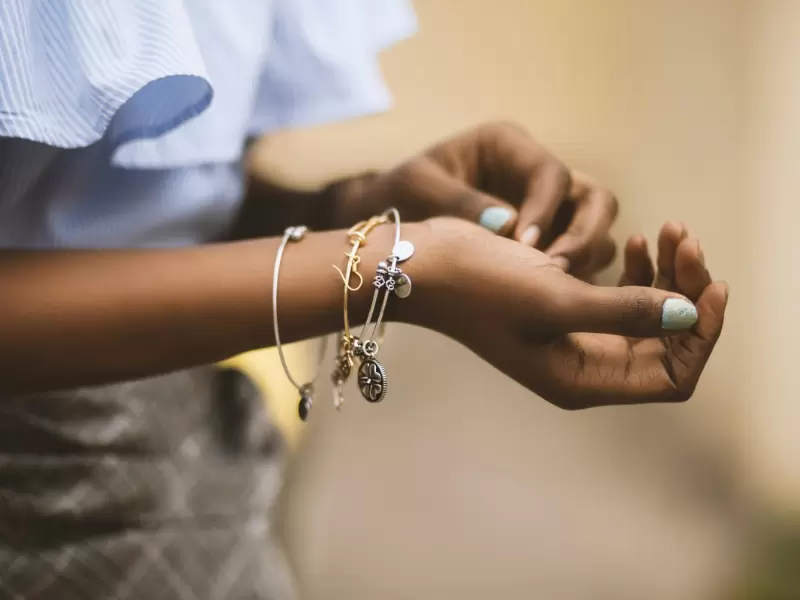 Representative image / Pexels
Representative image / Pexels
In my land, they hang healing like wind chimes from the ceilings of therapy offices,
soft bells of openness, jingling with mindfulness,
lavender candles, and kale smoothies promising serotonin.
Here, pain is a language spoken fluently:
"I’m burnt out,"
"I’m anxious,"
"My depression flared up last week."
There is no shame. Only room.
Room to feel, room to scream,
room to sit on floors with yoga mats and hold yourself gently.
But I—
I come from a lineage where silence is holy.
Where grief is folded neatly into steel tiffins and stored in the back of the fridge,
behind leftover sambar and guilt.
Where "be strong" doesn’t mean “you got this,”
but "don’t say a word."
My name is Priya.
In Sanskrit, it means beloved.
But in my house, it was more like an echo.
Said often, felt rarely.
A name scribbled on math trophies and honor roll certificates,
but never stitched into the fabric of my own understanding.
My mother smelled of turmeric and old jasmine oil,
her hands always warm from kneading dough or
rubbing Tiger Balm onto my father’s stress-stiff shoulders.
When I cried—
not from scraped knees, but that crushing emptiness that comes when
the world outside claps for you,
but the world inside says nothing—
she would hand me a glass of milk and say,
“Don’t think too much. Thinking is dangerous.”
As though emotions were poppies blooming wild,
threatening the order of the garden.
At school, my friends spoke of therapy like Tinder dates—
“So I tried a new one last week, and it was decent, but I miss my last one’s vibe.”
They laughed about meds.
They journaled in pastel Moleskines with gold-trimmed pens.
They healed publicly, beautifully.
Meanwhile, I tucked my sadness into the pages of chemistry textbooks,
memorized reactions when I couldn’t name my own.
I lived a double life.
By day, I performed happiness like a trained bharatanatyam dancer—
twirling, smiling, back straight,
making eye contact and saying “I’m good, thanks”
with that perfect American pitch.
By night, I unraveled.
Silent. Hidden.
A bruise no one could see because I wore it inside my lungs.
Sometimes I’d stare into the mirror,
searching for my mother’s face in mine.
Her nose. Her chin. Her silence.
How do you inherit trauma you were never told about?
How do you mourn what was never said?
In my home, the air hung thick with things unsaid.
Anxiety passed down like heirloom saris.
Depression disguised as religious fasting.
Shame tucked into the corners of our temple room,
next to the brass Ganesh and the incense ashes.
I remember once—just once—
I tried to open my mouth in front of Amma.
Tried to say: “I think something’s wrong. I can’t feel joy anymore.”
But she looked at me the way only mothers can,
with terror hiding behind love.
She said:
“You have food. You have a bed.
You are not in a warzone.
You’re just thinking too much, kanna.”
As if my mind were a dangerous jungle,
and she only knew how to set fire to it, not map its trails.
So I swallowed it.
Swallowed my therapy sessions like pills I took in secret,
paid for with babysitting money she thought was being “saved for marriage.”
I wrote poems in English and dreams in Tamil.
I danced between two lands—
one that told me to “be free,”
and one that told me “what will people say?”
Some nights, I light incense in my room.
Not out of belief, but muscle memory.
The smoke curls like questions in my throat.
I watch it twist into forms—
my grandfather’s shadow,
my mother’s prayers,
the girl I could be if no one was watching.
The truth is:
I am tired of straddling cultures like barbed wire fences.
Tired of code-switching between obedient daughter and healing woman.
Tired of holding contradictions like sacred relics in both hands.
Because here, in this land of freedom,
I still feel caged by the invisible chains of lineage.
But I also know this:
my healing is an act of rebellion.
A quiet protest wrapped in jasmine oil and broken generational patterns.
I speak in therapy now. I do.
I cry without apology.
I take medication that tastes nothing like cardamom but gives me peace.
I am learning to forgive my mother.
Not because she was right,
but because she didn’t know any other way to survive.
And maybe one day,
when I have a daughter,
I will not hand her milk when she cries.
I will hold her, ask her where it hurts.
I will not say “don’t think too much.”
I will say:
“Feel everything.
We are not made to carry our pain like secrets.”
I will let her wear joy and sorrow both,
like bangles that sing with every movement.
And maybe then,
the wind chimes in this country
will ring for girls like us,
too.
ADVERTISEMENT
ADVERTISEMENT
E Paper
Video




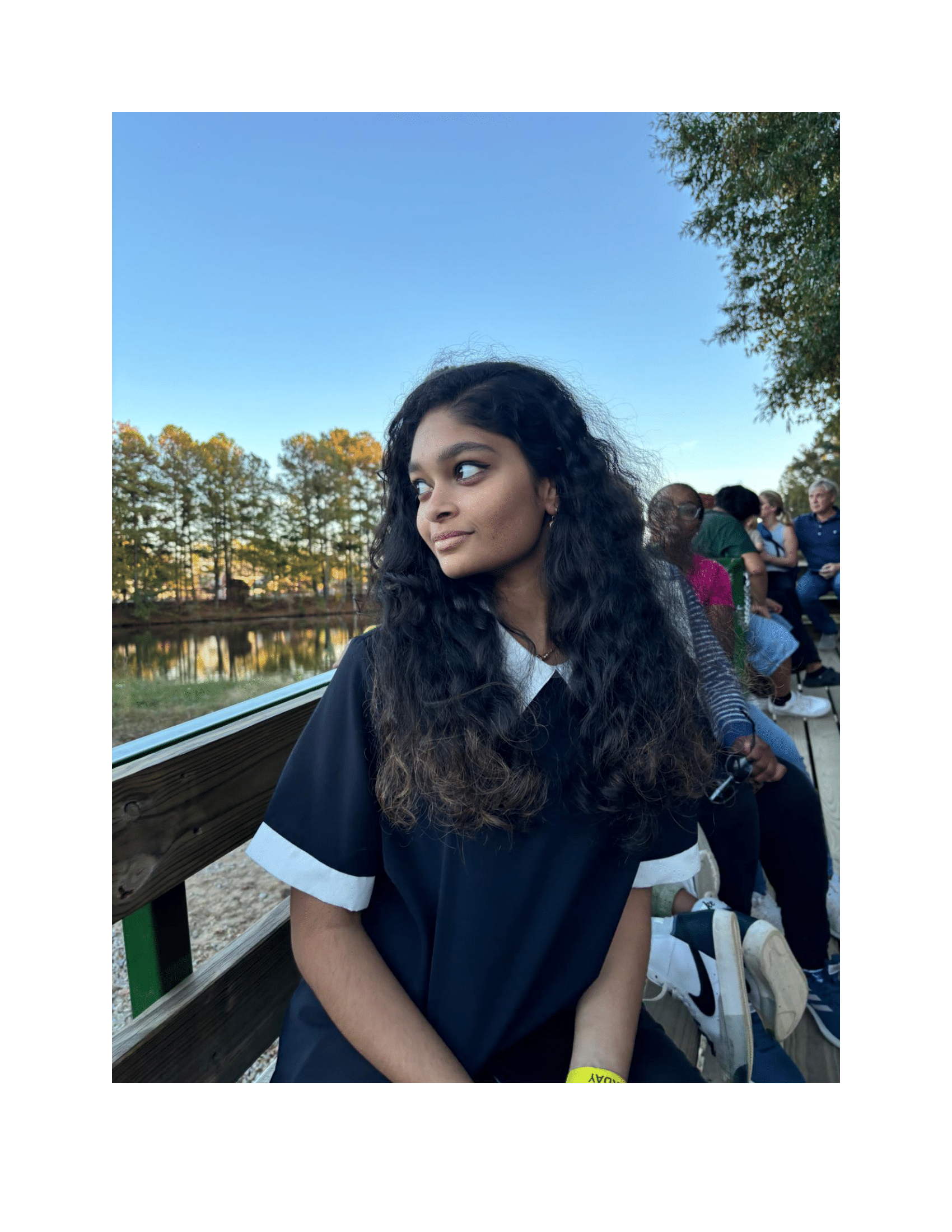 Avanya Karn
Avanya Karn 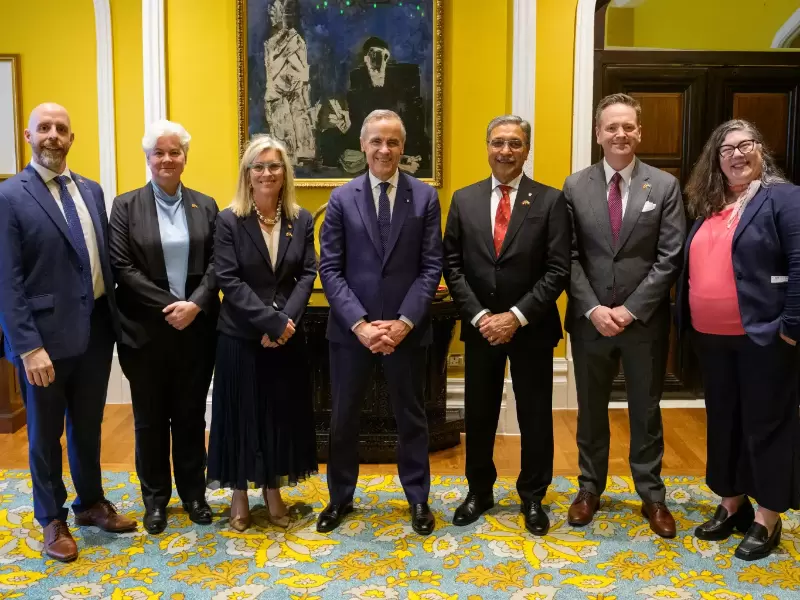
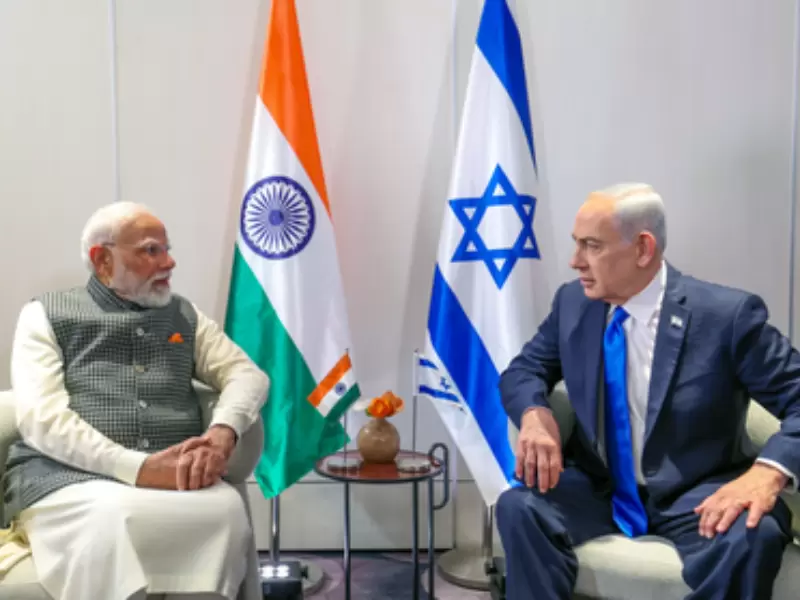
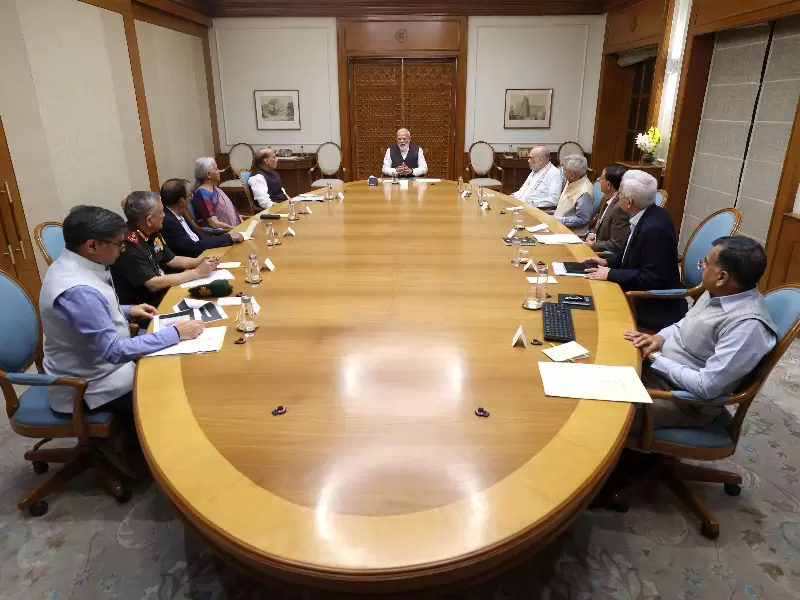
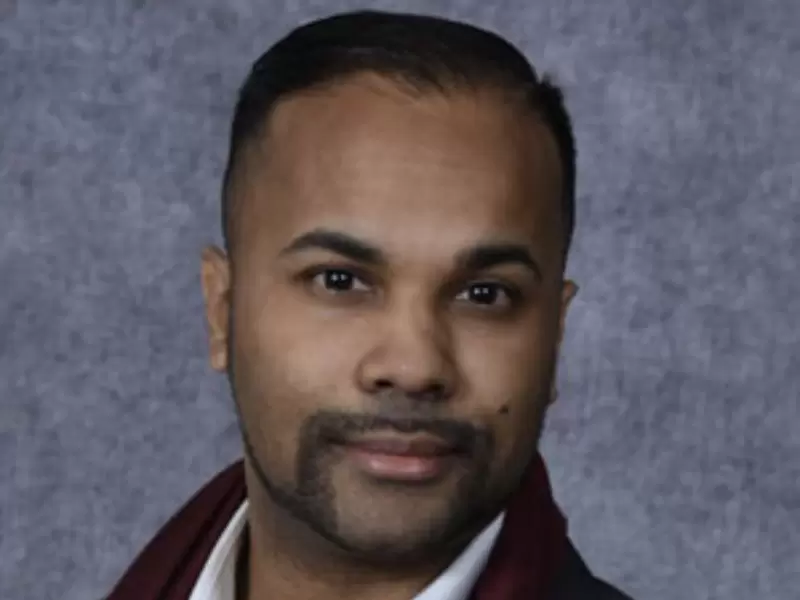
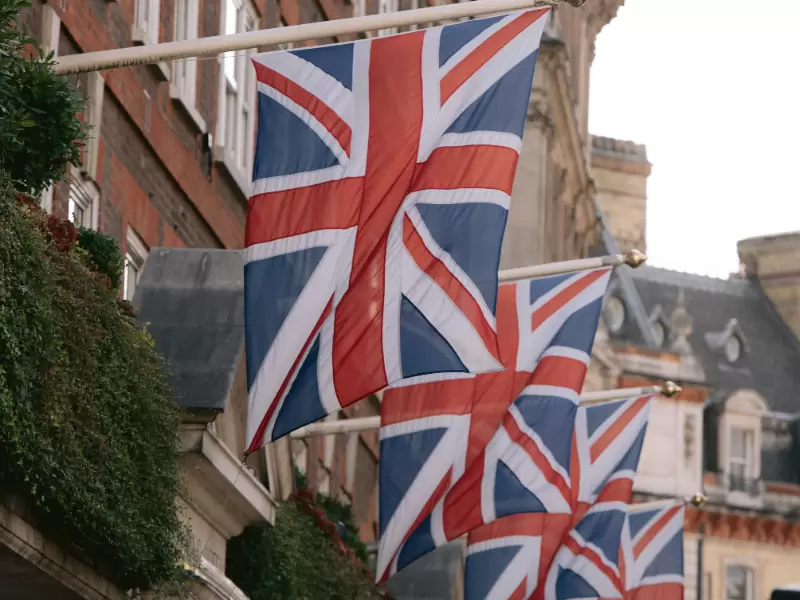
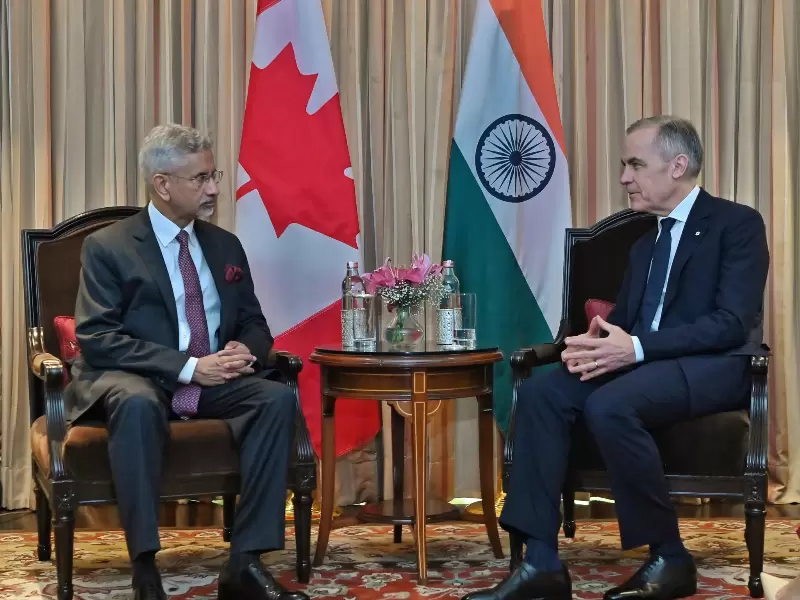
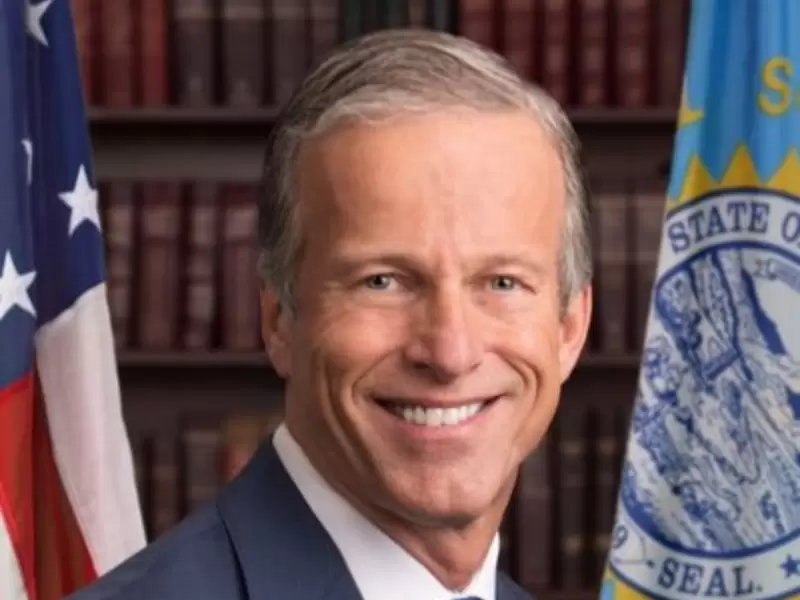
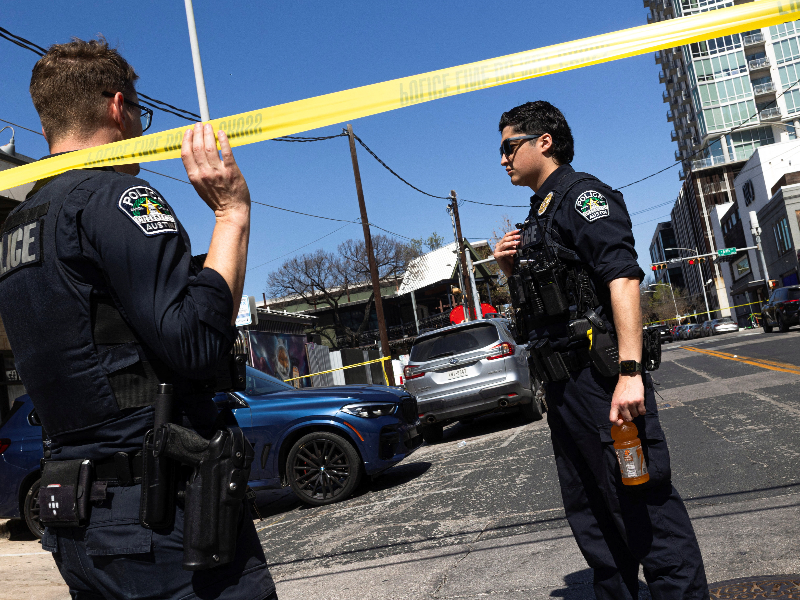

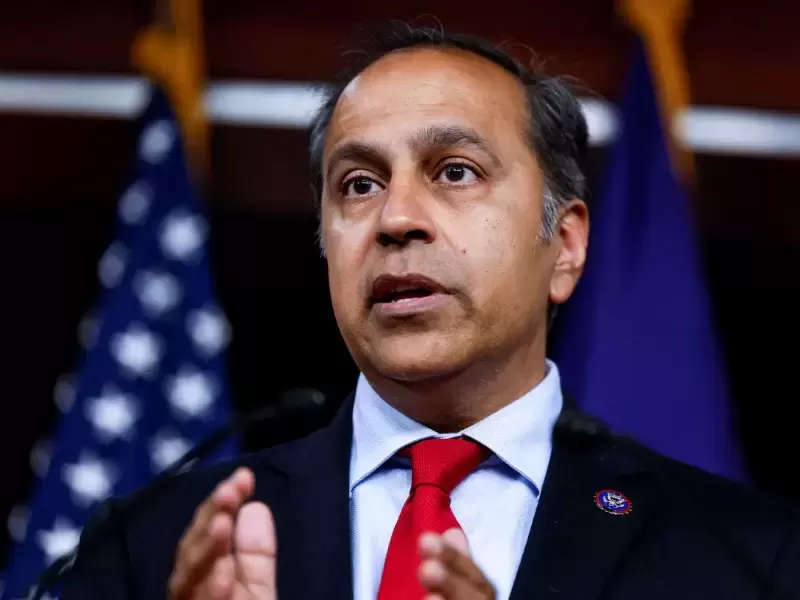
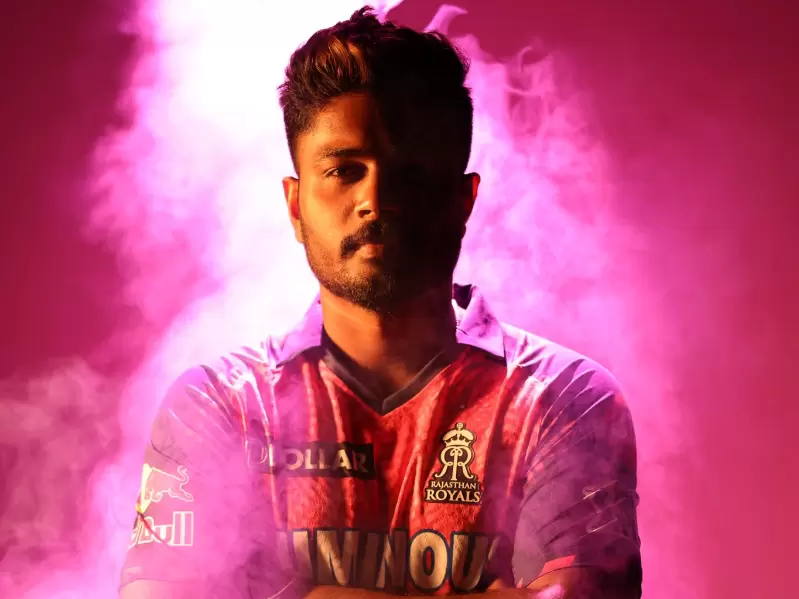
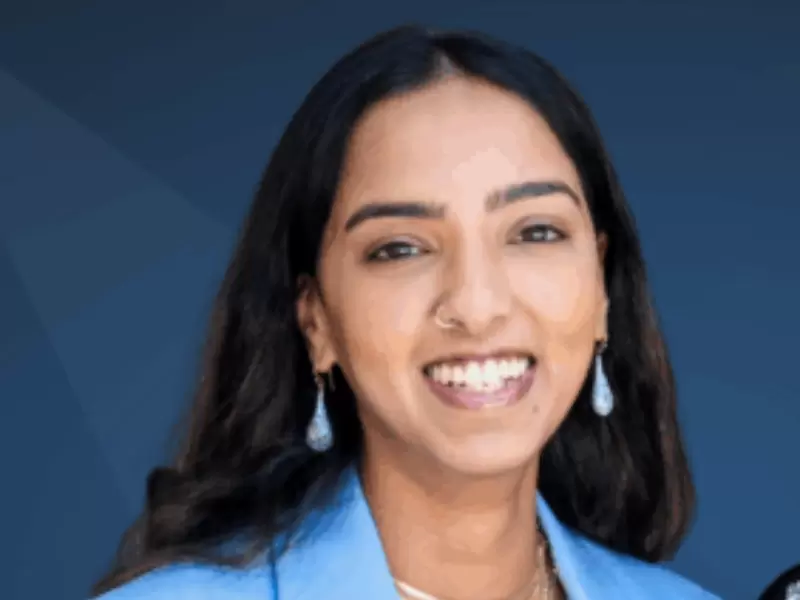


Comments
Start the conversation
Become a member of New India Abroad to start commenting.
Sign Up Now
Already have an account? Login